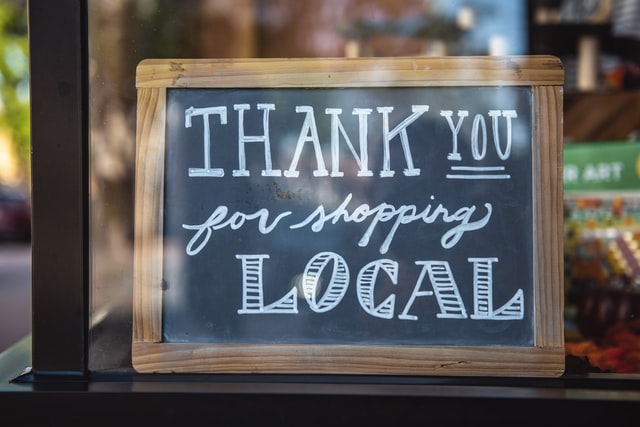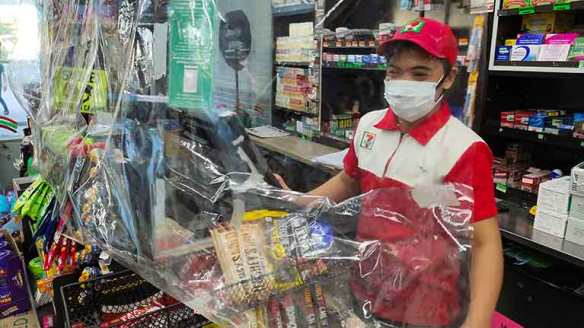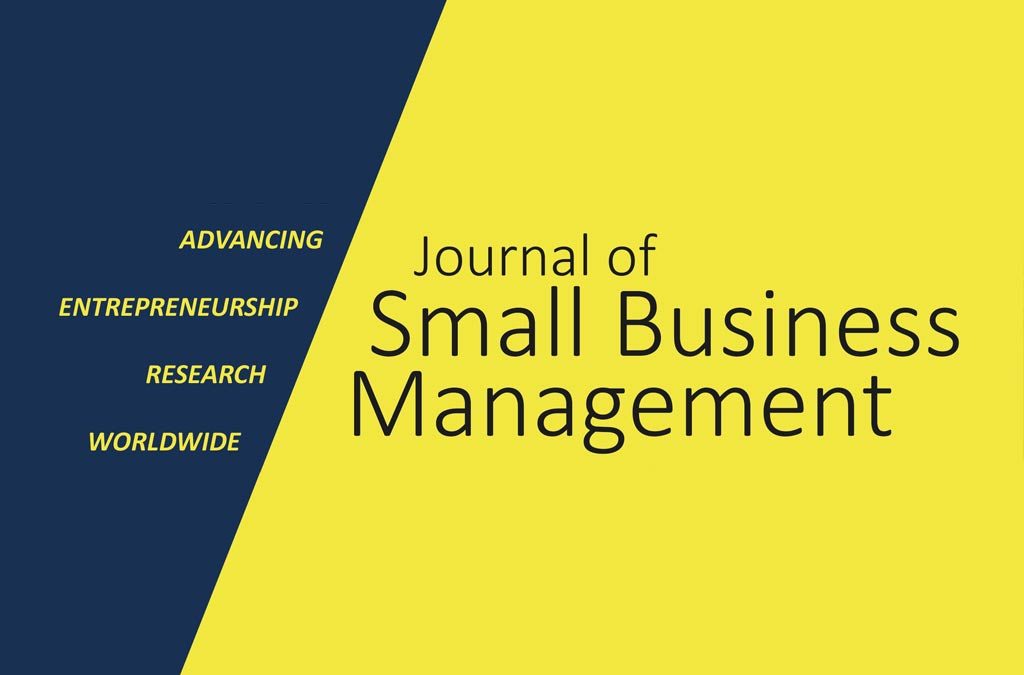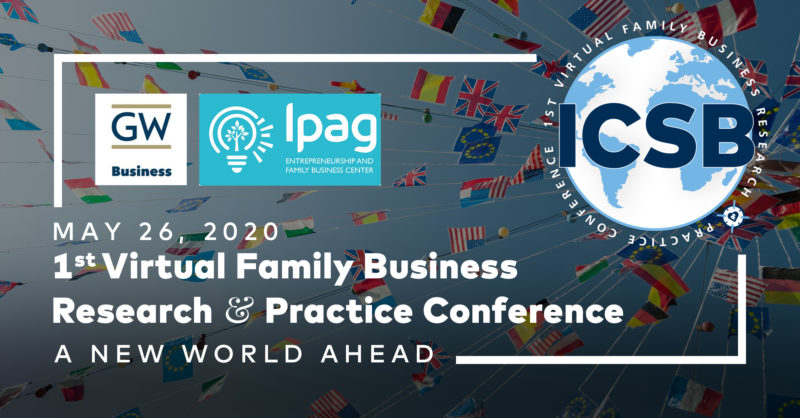
Small matters more now than ever before
Small Matters More Now Than Ever Before
Thursday, May, 21, 2020 Written By Dragan Radic, Head, ILO Small and Medium Enterprises Unit
I have many friends who run their own small businesses, in Europe, Australia, and Asia. They include dental clinics, restaurants, small travel agencies, and manufacturing businesses. All have been forced to close.
Their workers are struggling on reduced salaries, paid or unpaid leave. Some, sadly, have already been let go, because although most governments did respond quickly with measures to keep businesses afloat and workers on the payroll, for many the help was too little or came too late. Worldwide, millions of small business jobs have been lost because of the COVID-19 crisis.
Small businesses are incredibly important, both socially and economically. In 2019 the ILO published a report, Small Matters which showed that small economic units with up to 49 employees account for approximately 70 per cent of global employment. Their contribution to GDP is significant. So small really does matter.
We know that even in normal times a lot of small businesses barely survive from month to month. Many also face particular challenges in creating and maintaining decent working conditions; in other words, major obstacles to fulfilling the Decent Work agenda and achieving the Sustainable Development Goals by 2030.

But what about those even smaller economic units, that can be almost invisible, physically and statistically? I’m talking about micro-enterprises and own account workers. How many have already been affected or are in danger if this crisis continues? Will COVID-19 turn the ‘poverty clock’ backwards, and jump from being a health and economic crisis into humanitarian disaster?
To understand this challenge we delved into the database behind the Small Matters report. We picked the seven sectors most prone to COVID-19 closure, including manufacturing, accommodation and food and the retail trade. We then created infographics to illustrate this global challenge by sector, by region, by the size of the economic unit, and by whether they were formal or informal entities.
We found that in these seven most ‘at risk’ sectors alone, there are more than 800 million people who either work in micro-enterprise or are own account workers. Most of them, almost 640 million, work in the informal sector (in Asia and the Pacific alone these seven sectors include more than 300 million own account workers, of whom nine out of 10 are in the informal sector). We also found that women are overrepresented in high-risk sectors and are more vulnerable.
So what needs to be done?
In addition to support for small businesses as key providers of jobs and livelihoods, government policies must also target own account workers and micro firms. Particular attention must be given to the informal sector.
We know that, for many governments, identifying informal business owners is a challenge and reaching those in need can be difficult. Almost one billion people globally lack formal ID and many are without bank accounts. Establishing a digital identity by correlating information from various sources (e.g. Facebook, email accounts and SIM cards), might be a way forward. ‘Self-presentation’ and identification through municipalities, local community centres and associations could be another option. Governments should also develop appropriate and sustainable policy measures to meet immediate income needs (for example, temporary cash transfers, rent subsidies and family income assistance), as well as support to keep the businesses going.
In addition, small economic units should receive timely, simple, health and safety advice and personal protective equipment to prevent the spread of the virus and ensure business continuity.
Expanding social protection coverage to include vulnerable groups, including those in the informal sector would be a big step forward, and, in the current climate, a particularly important one. It would be a significant cost, but if done well and combined with adequate support and incentives, it could also be an important motivation towards formalization.
The opportunity is now.
One size will not fit all. To be effective, measures to support these vulnerable business owners must be developed through social dialogue, be gender-sensitive, and be tailored to individual country needs.
These are difficult times. We know that small economic units ‒ especially those in the informal sector ‒ are particularly vulnerable. If we are to avoid converting a health and economic crisis into an extended humanitarian catastrophe we must recognise that small matters more now than ever before!












